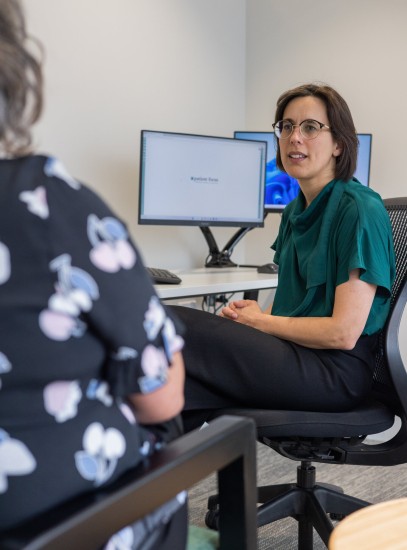Home / Diseases & Conditions / Colon Polyps
Colon Polyps
Colon polyps are small growths that form on the inner lining of the colon (large intestine) or rectum. They are common, especially in adults over the age of 50, and often do not cause symptoms.

Most colon polyps are harmless (benign), but some types have the potential to develop into bowel cancer over time.
Because of this, detecting and removing polyps helps reduce the risk of bowel cancer.
Polyps are typically found during a colonoscopy, which is a procedure used to examine the lining of the large bowel.
Once identified, polyps are removed and sent for testing to determine their type and whether any further treatment or follow up is needed.

Common Symptoms of Colon Polyps
Most people with colon polyps do not experience any symptoms. However, in some cases, polyps can cause:
Blood in the stool: may appear as red streaks or darker stools
A change in bowel habits: such as diarrhoea or constipation lasting more than a week
Abdominal pain or cramping
Iron deficiency anaemia: caused by slow, long-term bleeding
Because symptoms are often absent, regular screening is important, especially for individuals at higher risk of bowel cancer and those who have had polyps previously.
Types of Colon Polyps
Treatment of Colon Polyps
The goal of treatment is to remove polyps and reduce the risk of colorectal cancer.
Colonoscopy
Most polyps are removed during a colonoscopy. Larger or more complex polyps may require an additional procedure.
The number and type of polyp removed helps work out your risk of bowel cancer and make a surveillance plan to ensure that you don’t develop bowel cancer in the future. Your specialist is likely to recommend a repeat colonoscopy in a few years.











